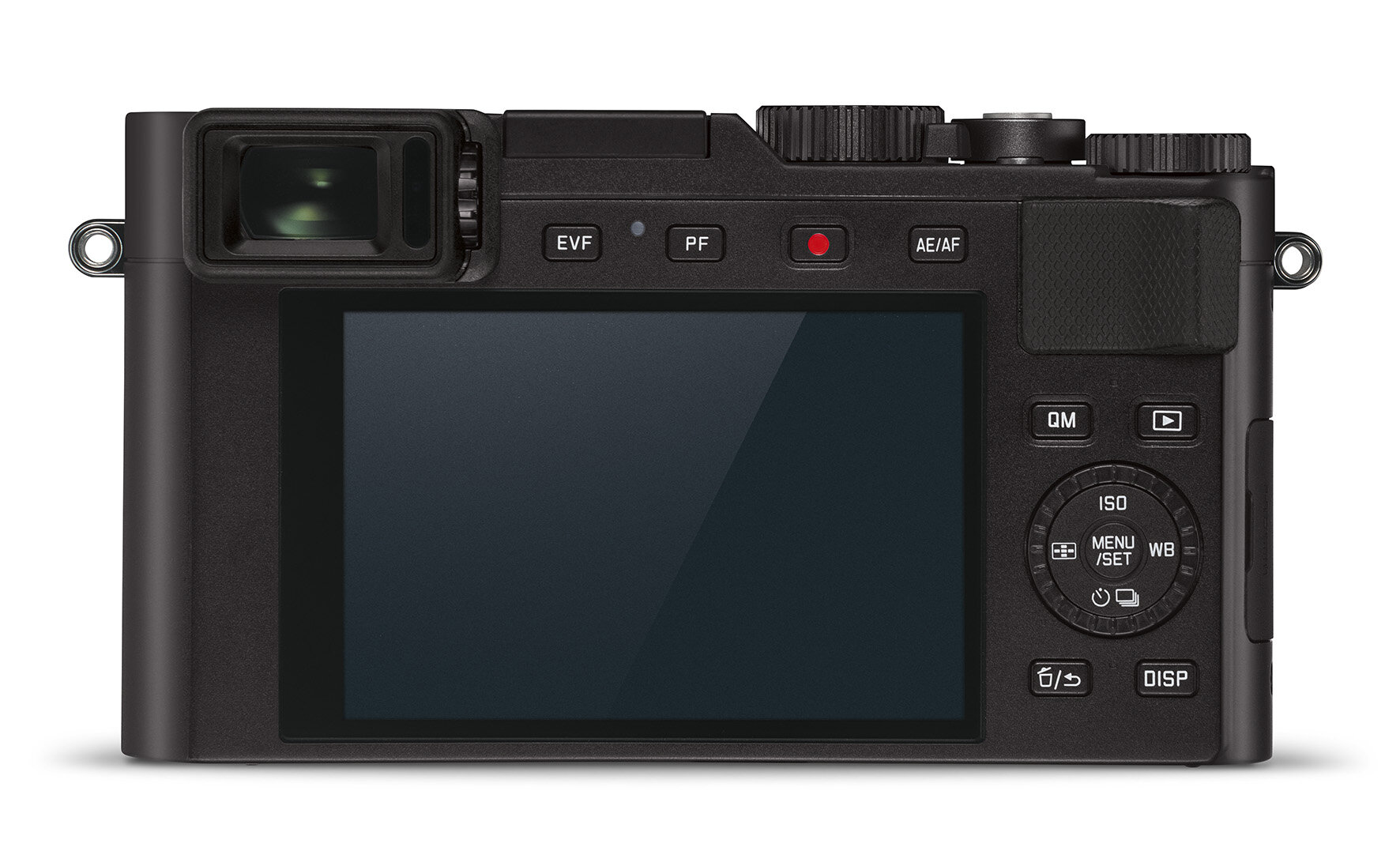Introducing the new Leica D-Lux 7
Leica: its name is derived from the first three letters of the founder’s name Ernst Leitz, and the first two of the word camera: lei-ca. It’s a name synonymous with quality craftsmanship and design.
Its iconic ‘M’ series was a favourite among photojournalists, thanks to its speed, compactness and quietness, allowing them to get very close to the action. The Leica was American WW2 photographer David Douglas Duncan’s camera of choice (the limited edition Leica MP was dubbed the David Douglas Duncan model in his honour).
And it was a 35mm Leica that Henri Cartier-Bresson, arguably the most famous photographer of all time, used to take almost all of his iconic pictures with. In fact, many of the 20th century’s most well-known images were taken with a Leica: the Hindenburg at its mooring mast at Rhine-Main airport 1936, Robert Capa’s Death of a Loyalist Soldier, from the same year, Alfred Eisenstaedt’s celebrated picture of US sailor George Mendonsa spontaneously grabbing Greta Zimmer Friedman for a kiss on V-J day, in 1945, Alberto Korda’s defining 1960 portrait of Che Guevara (the one that would adorn badges, banners, t-shirts and bedroom walls for decades afterwards) and Nick Út’s Pulitzer-winning image of nine-year-old Kim Phuc running down the road after a napalm attack in 1972.
Founded in 1869, in Germany, and still based in its original birthplace of Wetzlar, the Leica camera company remains a premium and legendary manufacturer of cameras and sport optics products. And now, the Leica brand continues its legacy of unparalleled engineering with the Leica D-Lux 7 black, a new colour for its lightweight and compact but powerful Leica D-Lux 7 series.
With its discreet body and lens, its technical specs are identical to the existing silver series model, prized for its versatility and intuitive operating system. That means the same fast zoom lens Leica DC Vario-Summilux; 10.9–34mm f/1.7–2.8 ASPH (which is equivalent to 24–75mm in 35mm format), plus a large 4/3-inch sensor, capable of delivering outstanding images even in low light.
In addition, it has a 3-inch touch screen, built-in Bluetooth/Wi-Fi connectivity and USB charging. And by downloading the Leica FOTOS App, the D-Lux 7 can also transfer photos to iOS and Android devices. Beautiful leather accessories such as leather cases, high-quality carrying straps and handgrips are available separately.
The Leica D-Lux 7 black will be available online and in-store from 4 June 2020 for £1,075.




